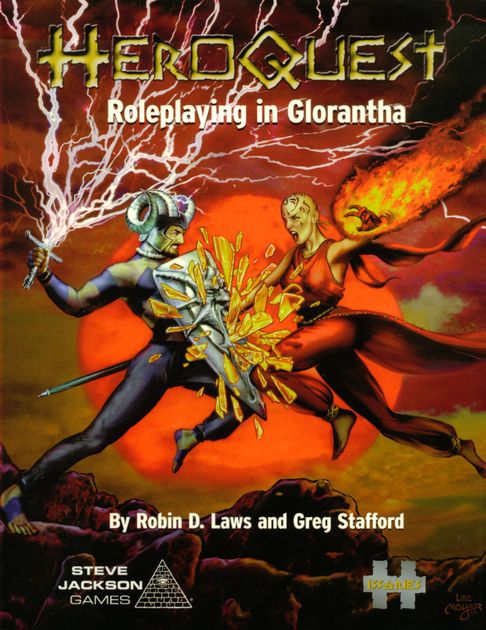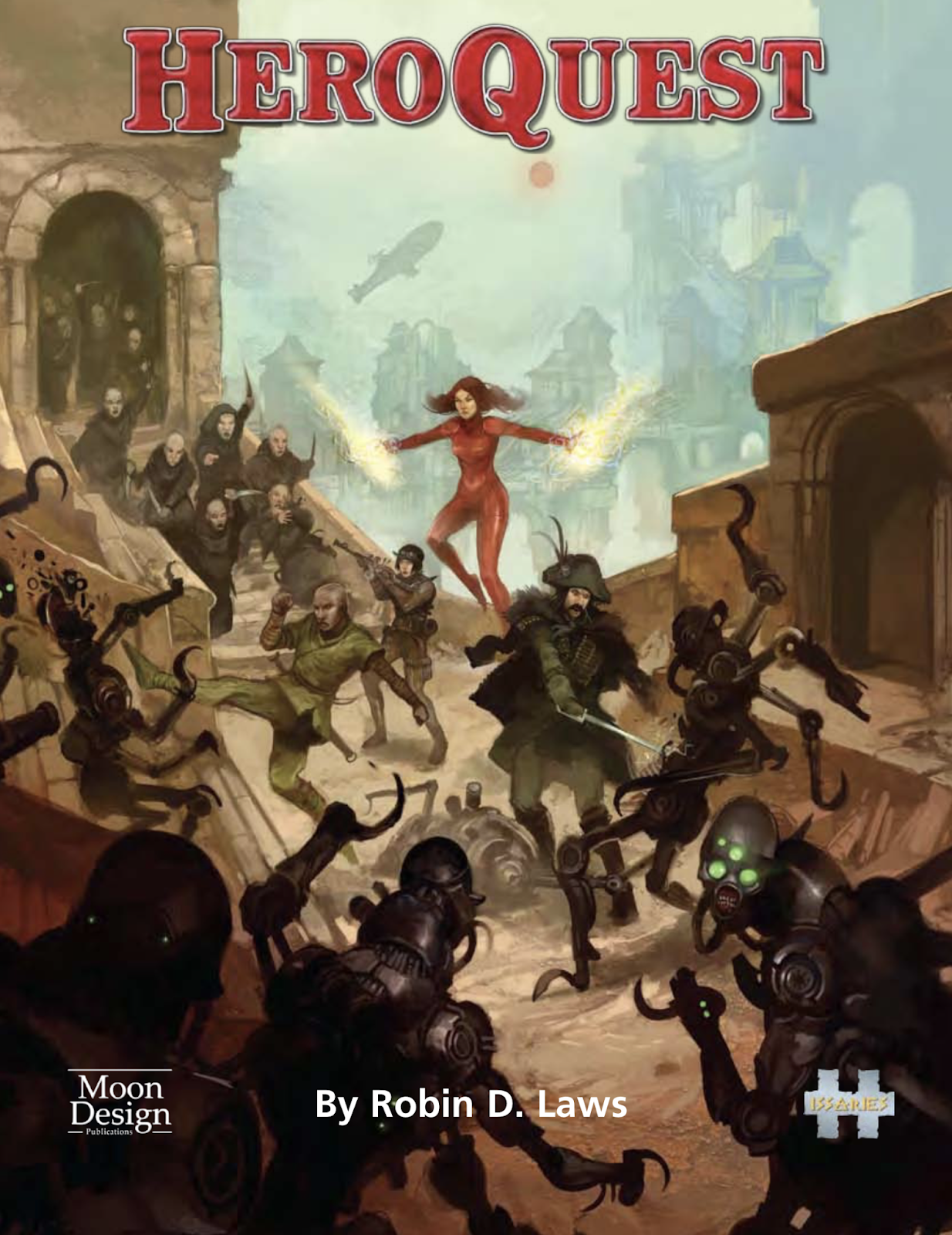Neonchameleon
Legend
Oh, I'm not saying that it's not extremely well done. But it's still 400 pages. I might think more of it when it comes out in dead tree format and I can browse through it better than on my Kindle but it's definitely a lot.
Asking this seems to be like asking, "how many licks does it take to get to the center of a Tootsie pop?", as Edwards just "recently" did a video saying GNS theory was not well done. Just posted the spoilered video in the other NARRATIVE GAME thread. Language warning. Ron curses.But what exactly is a narrative game?
This. Consequence!couldn't be more excited to hang their character development off the premise and mechanics of the world and game in a way that deepens roleplaying because there's consequence.
Which ones?Some platonists hold that Holmes exists as an abstract object, in which case there perhaps is an answer to your question, even if we don't happen to know it.
No. The "fact" about the highest prime is determined by the operation of mathematical principles, even if these are not accessible. You don't even have to be a Platonist to accept that that fact exists - Dummett accepts the existence of many mathematical facts that are not (yet) known. Even Wittgenstein does, provided a constructive proof is available. (At least roughly - it's a while since I've read the relevant essays in Truth and Other Enigmas.)Just in the same way that there may be mathematical identities that we are or were at some time not able to describe completely. The next highest prime, for example, the set of primes that haven't been calculated... and analogously Holmes' underwear.
How do I learn facts about Holmes is by reading Doyle's stories? That's it. So completely unlike Caesar - Caesar is an actual individual, and history books about Caesar are true or false depending on whether or not the things they say are true or false.This is again one of these pointless and exhausting semantic quagmires you're fond of. As you obviously know that no one though that fictional worlds are real in physical sense, it should be apparent that what is meant by their objective realness is that there are facts about them one can learn, just like we can learn facts about Holmes or Caesar by reading about them. That this sort of indirectly experienced reality has lower "resolution" than our directly experienced phenomenal reality should be equally obvious.
And some of those truths and falsehoods we might never know, as we were not there. In practical purposes we have just stories.How do I learn facts about Holmes is by reading Doyle's stories? That's it. So completely unlike Caesar - Caesar is an actual individual, and history books about Caesar are true or false depending on whether or not the things they say are true or false.
There can be facts about fiction and fictional facts*. And given that literally no one** thinks that fictional worlds are real in physical sense, harping about it seems pretty damn counterproductive.That's not a semantic quagmire: it's the fundamental difference between fiction and fact.
That fiction has ultimately been made up by someone at some point is not in contention. So negative reaction probably has more to do with how you express yourself.In the context of playing a RPG, how do I learn about the fiction? On one very common approach, by being told by either (i) the author, or (ii) a mediator between me as player and the author. Namely, in both case (i) and case (ii), by having the GM tell me. That's it. There is nothing independent of the telling of the story to be "discovered" or "explored". No matter how skilled the GM, or how immersive the fiction they create, there is no independence of the "gameworld" from what they are narrating.
But of course whenever I make this point, people go ballistic for whatever reason.
Did you mean this HeroQuest?It’s been an interesting read. I grew up in the ’80s, but I didn’t get involved with the hobby until college in the ’00s. Not really sure how I missed it, but we typically played video games growing up, so maybe we lacked the exposure. We did play HeroQuest though, which I recall enjoying.

Or perhaps this HeroQuest?Did you mean this HeroQuest?


Or maybe this HeroQuest? There's been a lot of them actually.Or perhaps this HeroQuest?

HQ board game was my first introduction to something vaguely RPG like, even though it is not a real RPG.
I played Glorantha HQ not so long ago, and as much I like the setting and the GM was really good, the system was terrible.

